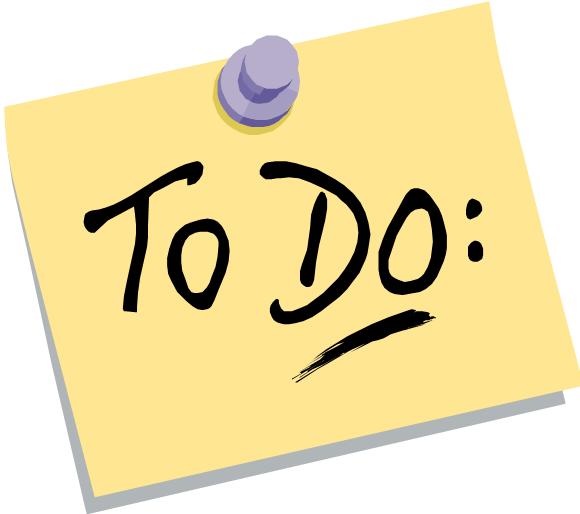|
10th Grade Health 2 |
|
|
Objectives: We will analyze and research positive stress management techniques in order to apply them to common stressors for teens. |
|
|
Essential Question: What are the healthiest and most effective strategies of Stress Management for teens? |
|
|
Goals: Standard - 10.4.9.B: Analyze the effects of regular participation in moderate to vigorous physical activities in relation to adolescent health improvement.
Standard - 10.1.12.B: Evaluate factors that impact the body systems and apply protective/ preventive strategies.
|
|
|
Learning Goal(s): Students will know and be able to:
|
Success Criteria: Students can:
|
|
|
|
|
|
|
|
Extra Extension Activity: Meditation (Large Group)
|
|
|
Introduction
Why Stress?
Stress can lead to a greater susceptibility of getting sick, can cut years off of people's lives, and greatly affect people's overall happiness. Poor stress management can also lead to substance use and abuse. If students can learn to deal with stress effectively, and can carry those skills into adulthood, it can benefit their overall wellness throughout their entire lives. Complete this WebQuest to learn how you can help yourself and your friends combat stress in safe, fun and effect ways!
Task
Get Started!
Browse through the different resources and choose a topic of Stress Management of interest to complete research on. You will then create a means of sharing this information with your classmates.
Process

1. Think About:
What is a stressor?
- Stressor: An activity, event, or other stimulus that causes stress. A source of stress.
- Stress: The body’s response to real or imagined dangers or other life events.
- Stress is a normal part of life and cannot be avoided, but there are positive ways to manage stress as it affects overall health.
2. Consider and Watch:
Why it is important to be aware of Stress Management Techniques?
View the Following Videos
3. Browse the Following Resources:
What are you interested in learning more about?
- http://teenshealth.org/en/teens/center/stress-center.html?WT.ac=ctg (Lecturas disponibles en español)
- http://www.pamf.org/teen/life/stress/managestress.html
- https://www.healthychildren.org/English/healthy-living/emotional-wellness/Building
- Resilience/Pages/For-Teens-Creating-Your-Personal-Stress-Management-Plan.aspx
- http://www.helpguide.org/home-pages/stress.htm
- Breathing: http://kidshealth.org/en/teens/meditation.html?WT.ac=ctg#
- MuscleRelaxation: https://www.anxietybc.com/parenting/how-do-progressive-muscle-relaxation
- Stretching and Yoga: http://kidshealth.org/en/teens/yoga-stress.html?WT.ac=t-ra
- Exercise: http://www.active.com/fitness/articles/7-ways-exercise-relieves-stress
- Nutrition: http://www.skillsyouneed.com/ps/stress-nutrition-diet.html
- Laughter: http://www.mayoclinic.org/healthy-lifestyle/stress-management/in-depth/stress-relief/art-20044456
- If you have another interest or technique see me and we can add it!
4. Conduct More Research
Find at least 4 other sources of information on your chosen stress management strategy/ technique.
Aim to answer the flowing questions as you research:
- How does this work?
- Why does it work?
- Who does it work for?
- What does someone need or has to be able to do?
- Is there a specific setting or environment that is needed or works best?
5.Collaborate
Find one other classmate to share a resource or two with. Also look at one or two of theirs. Complete the discussion question on Schoology about this step.
- “What source did you find interesting that some else utilized for their project, is it something you might consider trying? Explain why.
6. Create a Project to Share your Information. Be sure to be neat, creative, and organized.
- Mini-poster
- Infographic
- PowerPoint
- Video/PSA
- Other ideas__________________________
7. Peer Review: Go over the rubric with a partner and check off all components before submitting.
Evaluation
|
Stress Management |
||||
|
Criteria |
4 |
2 |
0 |
Rating/Comments |
|
Research and Sources |
5 Sources are utilized and cited. |
3-4 Sources are utilized and cited. |
Less than 3 sources are utilized and cited. |
|
|
Peer Review and Discussion |
Peer Review and Discussion are complete with detail and feedback. |
Peer Review and Discussion are partially complete. |
Peer Review and Discussion are not complete. |
|
|
Questions (x5) |
All questions are addressed, answered, and explained. |
Half of questions are addressed, answered, and explained. |
Less than Half of questions are addressed, answered, and explained. |
(x5) |
|
Project Creation |
Project is neat, organized, and creative. |
Project is somewhat neat, organized, and creative. |
Project is not neat, organized, and creative. |
|
|
Feedback |
|
Conclusion
Great Job!
Now complete your project, peer review, and practice presenting!
Keep up the good work and don't forget to ask questions!

Credits
Credit: This WebQuest was created by using createwebquest.com.
